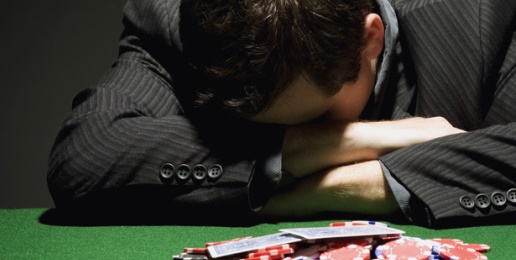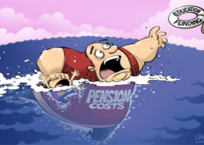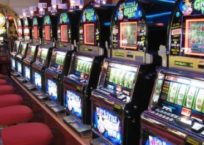
The Illinois State Senate Gaming Committee recently heard testimony on SB 7, the massive gambling expansion bill. Thank you to those who signed witness slips. There were 35 opponents and 4 proponents.
There were many questions from members of the committee asking sponsor Illinois Sen. Terry Link (D-Gurnee) to make changes to the bill. The Senate moved SB 7 to third reading so it can be called for a vote at anytime now.
Illinois Sen. Dave Syverson (R-Rockford) filed Senate Amendment 2 to SB 7 to include slot machines at Chicago airports for passengers who at least 21 years of age and members of a private club.
The General Assembly adjourned and won’t be back in session again until Feb. 7th for the Illinois Senate and Feb. 8th for the Illinois House. Illinois Senate minority leader Christine Radogno (R-Lemont) told state senators not to be swayed by their constituents if they are against passing the “grand bargain” budget bills. Illinois Senate President John Cullerton (D-Chicago) told state senators to be prepared to vote on the bills when they come back in February.
Take ACTION: Click HERE to send a message to our Illinois state lawmakers about this massive expansion proposal. Gambling is an unstable source of revenue. SB 7 will lead to more addiction, financial ruin, broken families, increased costs for the state, and will not solve the budget problem.
Please share this alert with your faith community and ask them to CALL and PRAY.
Talking points to oppose SB 7
- SB 7 is a massive expansion of gambling that doubles the amount of casinos in Illinois – City of Chicago, Rockford, Danville, Lake County, south suburbs of Chicago, Williamson County, and 4 casinos at racetracks. “More casinos will not mean substantially more tax revenue.” (Forbes, 11/20/2015)
- SB 7 legalizes a city-owned casino for Chicago with a perpetual license that cannot be revoked or suspended. No other city in the United States owns a casino.
- SB 7 lowers the tax rate on casino gambling. Currently casinos pay a graduated tax of 15 to 50 percent on Adjusted Gross Receipts. SB 7 lowers the tax to 10% and has separate categories for electronic gambling devices (EGD) and table games. Table games are taxed a maximum of 16% for adjusted gross receipts in excess of $70 million, and EGDs have a maximum of 50% in excess of $800 million. NOTE: Only Rivers Casino would qualify for the maximum tax on table games, and no casinos meets the maximum tax rate for slot machines.
- SB 7 rushes the approval process. The Illinois Gaming Board shall issue the 6 casino gambling licenses within 12 months after the date the license application is submitted. The Board shall determine within 120 days after receiving an application whether to grant an electronic gaming license to a racetrack. With the massive expansion and increased responsibilities and duties of the Gaming Board, this is irresponsible. The public expects strict regulation and enforcement of gambling laws. Organized crime is a possibility if the process is rushed. NOTE: Rivers Casino was fined $1.65 million in 2016 for hiring United Services Co. for security and cleaning work at the casino. United is run by Richard Simon, who has admitted business and personal ties to reputed mob figures.
- Gambling interests overestimate the amount of revenue generated. When the Video Gambling Act was passed in 2009, the estimate of State revenue was $288 – $534 Million per year. In 2016-4 years after the gambling machines were operational-the State received $277 million from 24,841 machines. Revenue projected in SB 7 could be much lower than expected, especially in communities with video gambling.
- Independent studies have found that 35 – 50 percent of the casino gambling revenues come from problem and pathological gamblers, according to “Why Casinos Matter“. Doubling the number of casinos and increasing the number of gambling positions will make gambling even more accessible and lead to an increase in problem and pathological gambling. There are currently 12,383 people on the self-exclusion list at Illinois casinos. With a cost of $13,067 per pathological gambler per year, the cost to the State is over $161.8 million per year.
- Broken families, financial ruin, and crime will increase with the expansion of casino gambling. The costs to the state are at least $3 for every $1 of revenue for regulation, criminal justice, and social costs. These costs are not even considered when projecting the revenue for the State.
For more information about gambling or other addictive problems, please visit Illinois Church Action on Alcohol & Addiction Problems.
































